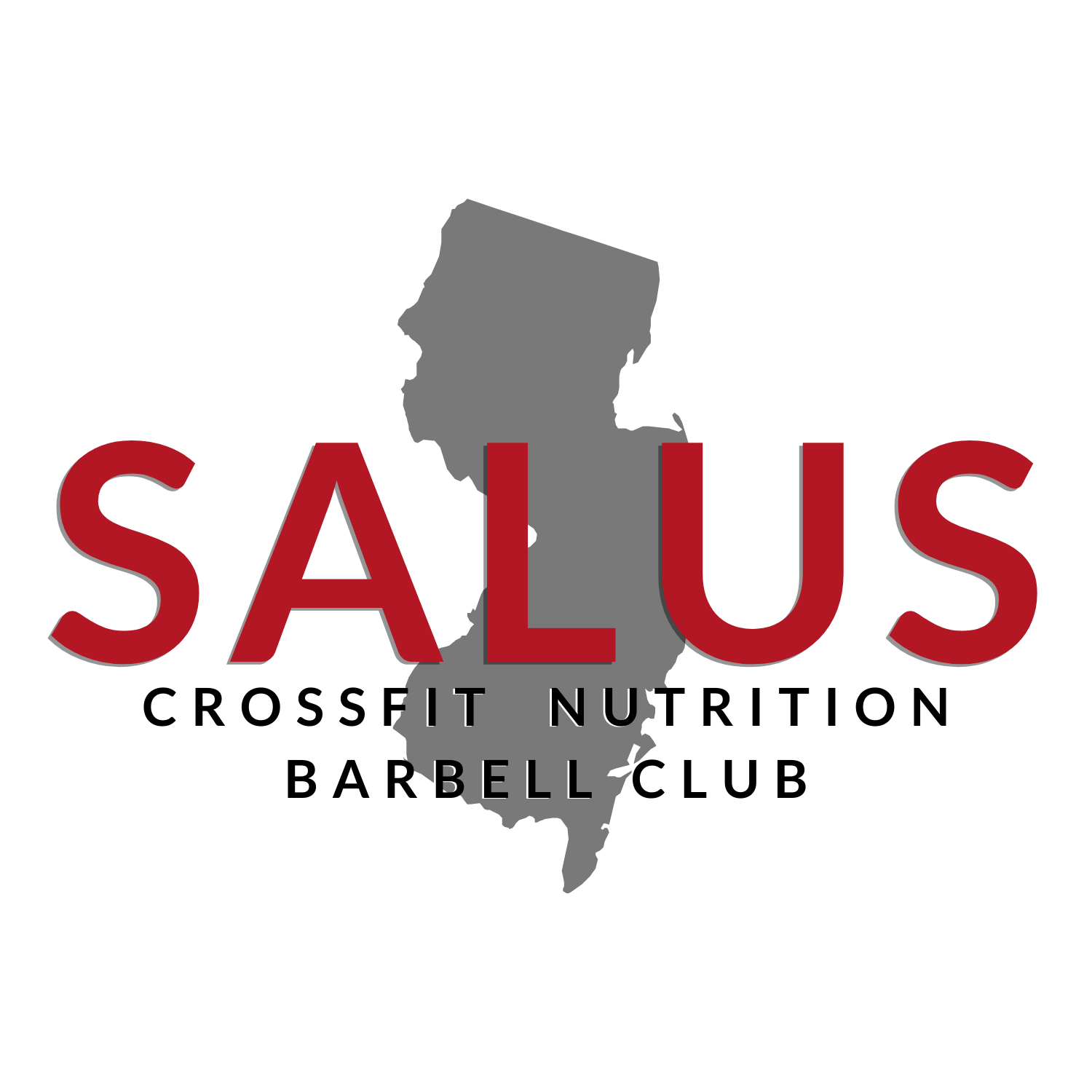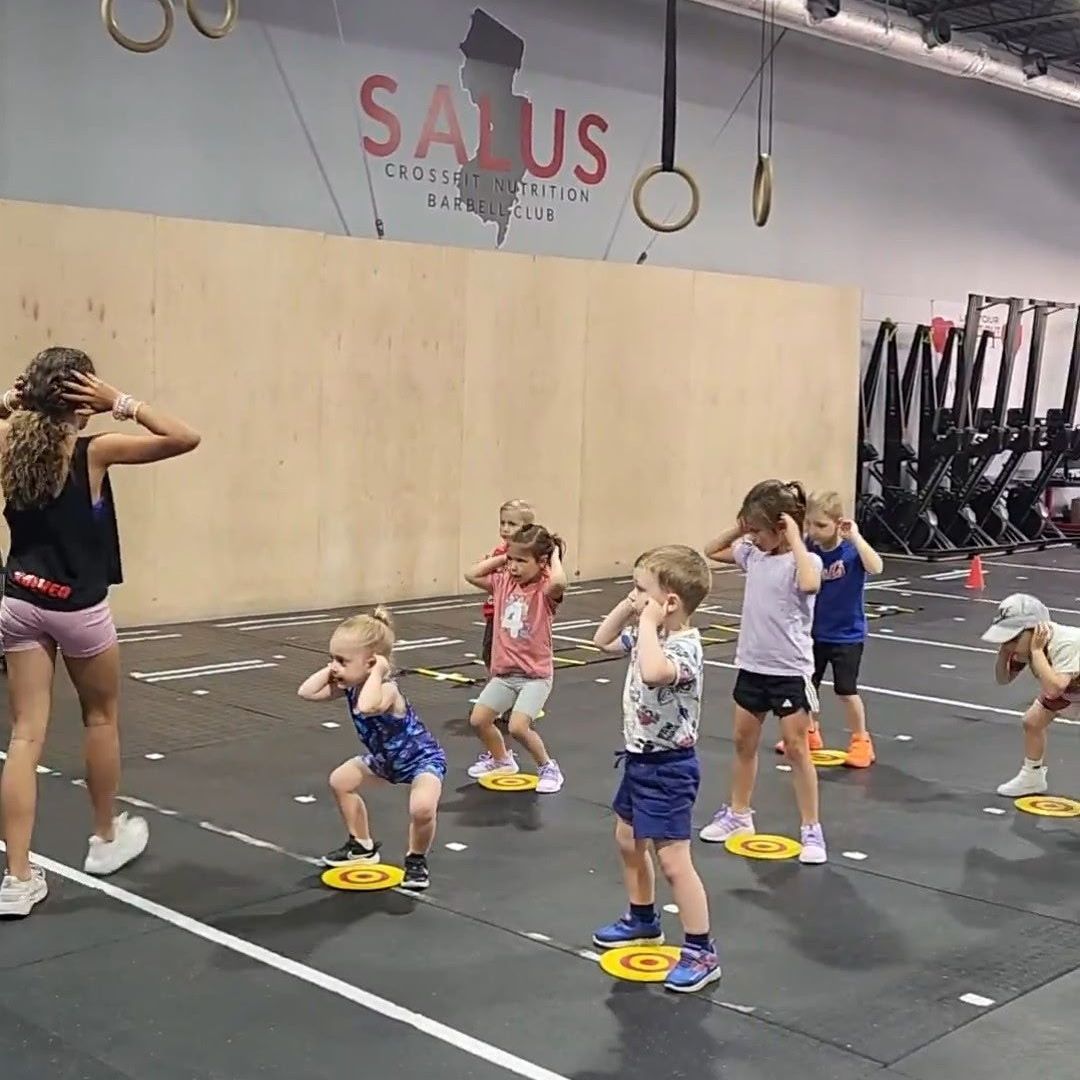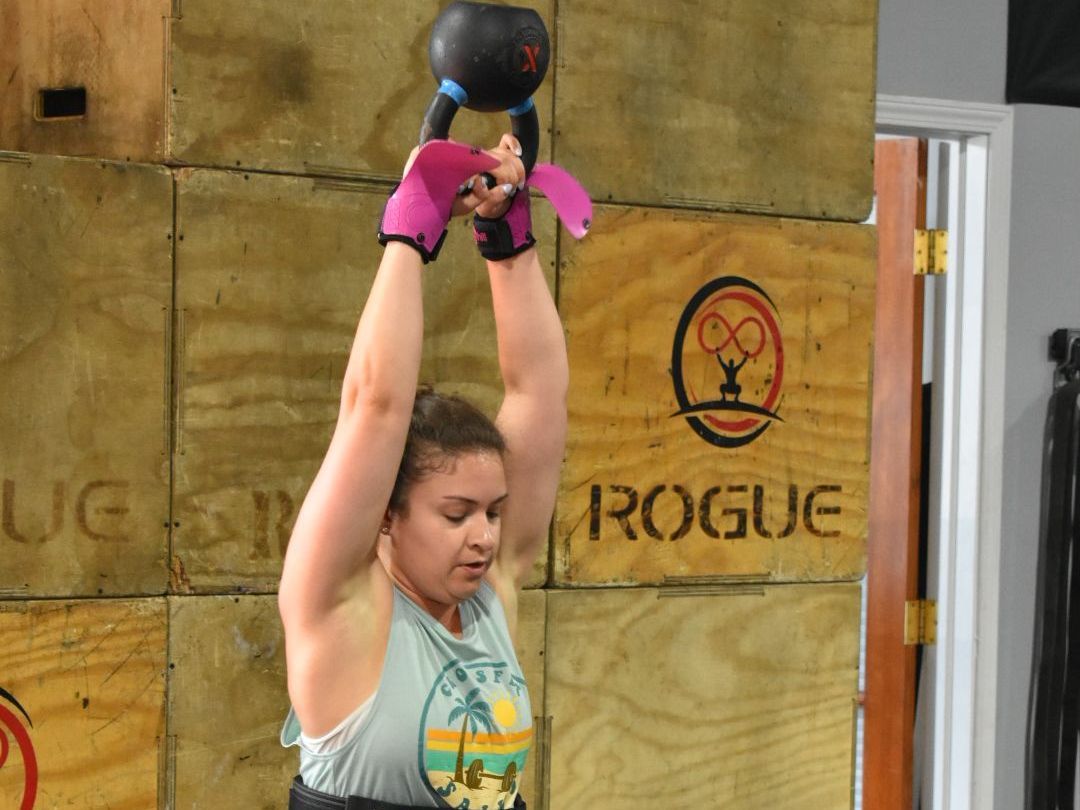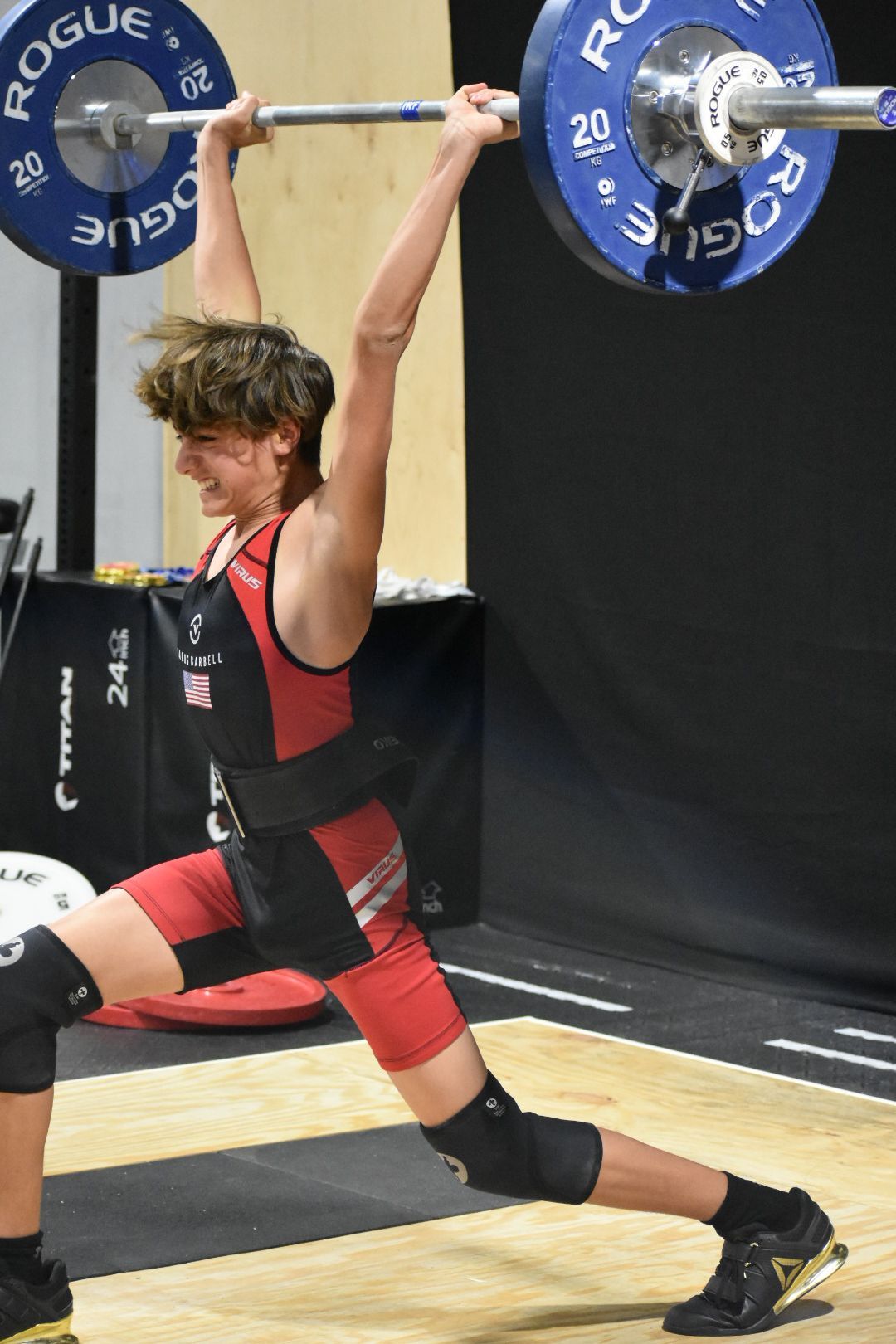What is the Right Nutrition Strategy for Injury?
The right nutrition strategy for injury can help speed along the recovery process.
This is important — but often ignored. Here are some key nutrition considerations to keep in mind if you get injured (which we hope you don’t!):
Calories
- Energy needs will change. Typically, during acute injury repair, energy needs increase from baseline intake (BMR may increase by 15-20%).
- Though, keep in mind that this may not be as much as what the athlete used to eat relative to training and competition.
Protein
- Injured athletes need more. They should aim for 1.6-2.3g/kg, up from the usual 0.8 g/kg.
- When increasing protein intake, the amino acid content should also be considered. In particular, the amount of leucine (“the anabolic trigger”), one of the keystones of protein synthesis, is important. Leucine is found in salmon, chickpeas, brown rice, eggs, nuts, beef.
Fats
- A diet high in trans-fats, omega-6 rich vegetable oils, and saturated fat is pro-inflammatory (in other words, oils such as corn, sunflower, safflower, cottonseed, and soybean will worsen the inflammation).
- On the other hand, a diet high in monounsaturated fats and omega-3 fats is anti-inflammatory (opt for fats found in foods such as olive oil, mixed nuts, avocados, flax oil, ground flax and other seeds).
Carbohydrates
- Complex carbohydrates are important during recovery and should include adequate micronutrient intake from vegetables, fruits as well as minimally processed high-fiber sources like oats, quinoa, brown rice.
- Simple carbohydrates from processed and refined sugars should be limited as they can increase inflammatory response.
Meal Timing
- Studies show the value of nutrient timing in stimulating protein synthesis, reducing muscle damage, enhancing recovery, and improving body composition.
- The timing of macronutrient ingestion throughout the day is particularly important, with special attention to nutrition before and after therapy sessions.
The Mind
- Physical injury and mental health are closely linked. Several studies have shown that injured athletes with higher levels of stress, anxiety, and fear of reinjury are less likely to fully recover.
- On the flip side, having a high athletic identity (I believe you are considered an athlete if you train on purpose) can motivate an athlete to commit fully to their rehabilitation and have been associated with improved outcomes.
Dealing with setbacks , like an injury can be difficult to overcome. But setbacks are a normal part of the process. It’s how we respond that makes all the difference in how we grow from there.
Do you have a nutrition strategy for injury if that time comes? Get the guidance you need to optimize your recovery process. Contact nutrition@salusnj.com to get the conversation started.
The post What is the Right Nutrition Strategy for Injury? appeared first on Salus.





